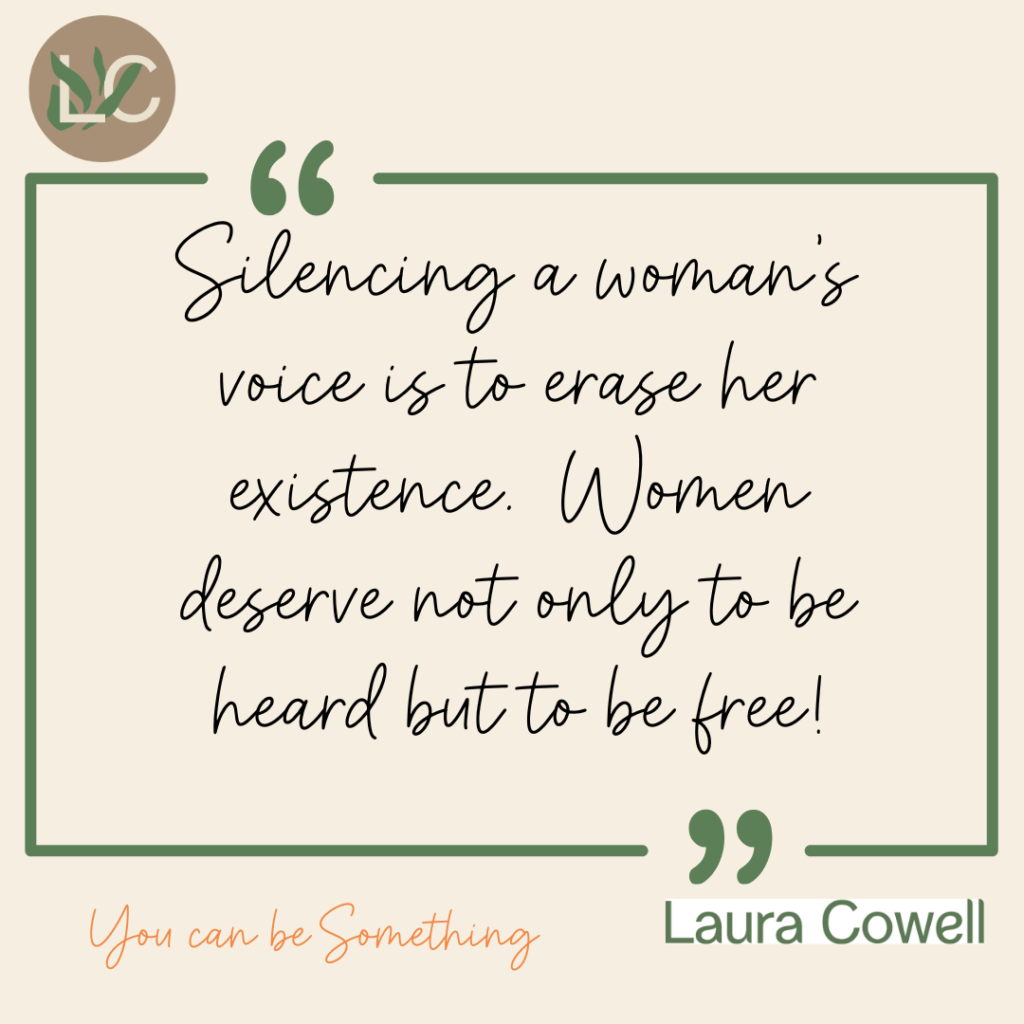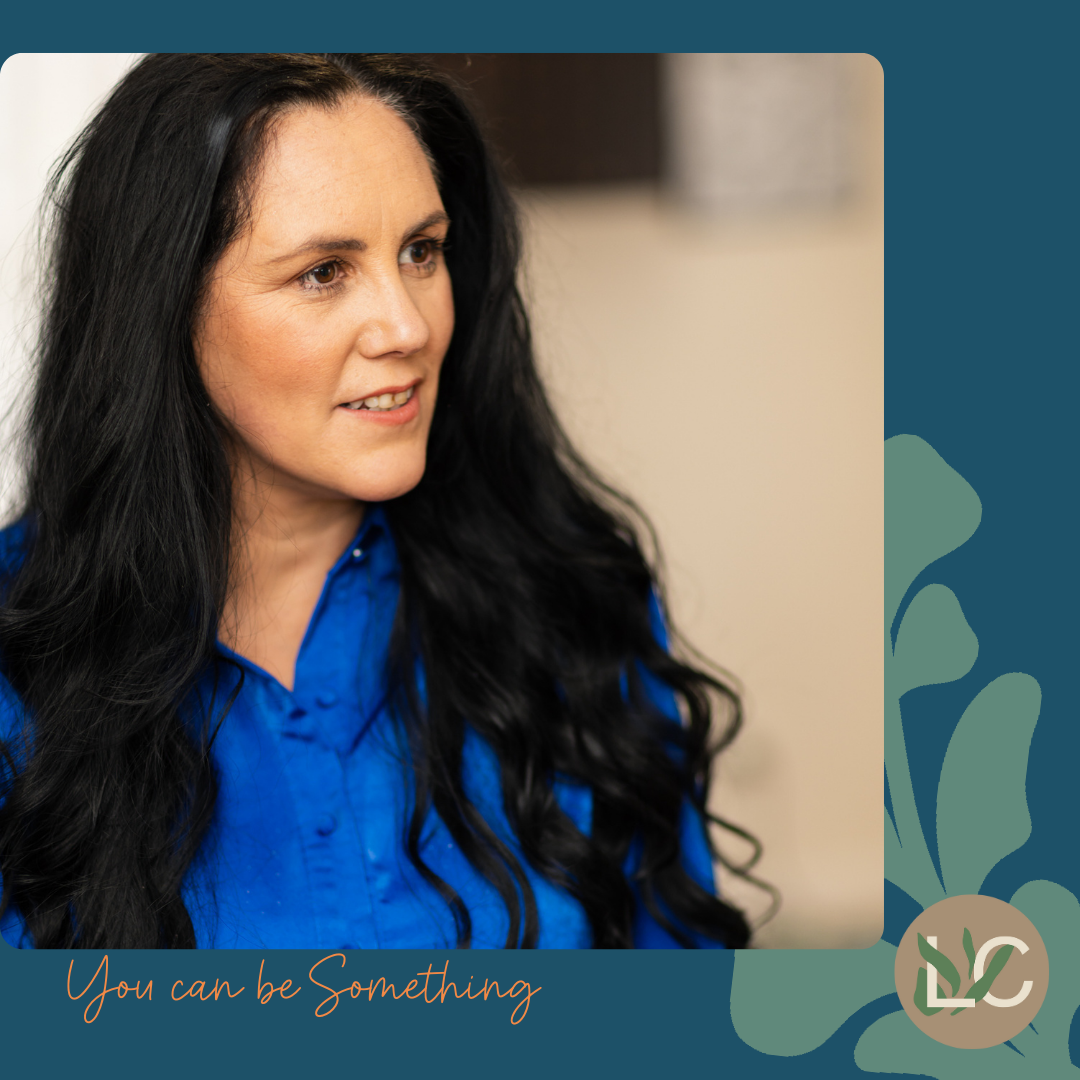I don’t normally speak about issues in other countries, but after reading the news story this morning about the latest rule in Afghanistan—the ban on women hearing each other—I couldn’t not write about it. It struck such a deep chord in me, as a woman, as a leader, and as a mother. I am acutely aware of how fortunate I am to be able to share my thoughts freely, to voice my concerns, and to connect with others. That’s a privilege not to be taken for granted, and this news underscored it in the most heart-wrenching way.
In Afghanistan, where over 100 restrictions against women have been imposed in just the last month, this newest mandate—preventing women from hearing each other—feels almost surreal. How can we imagine a world where half of the population is cut off from the most fundamental aspect of human connection: the ability to listen, to share, to support one another through conversation?
I cannot help but think of the strength and courage of Afghan women in the face of such overwhelming oppression. When communication becomes a forbidden act, it is not just a rule—it is a tool designed to isolate, to break the bonds of unity that are essential to hope and resilience. As someone who dedicates much of my work to amplifying voices that are often muted by circumstance, I feel the urgency to speak out now, to ensure that their struggle is not forgotten or ignored.
This restriction appears to be an attempt to erase Afghan women’s voices, stories, and identities. It sends a message of silencing, not just the individual, but the collective strength and solidarity among women. To think that a government would go so far as to criminalise women’s voices—their expressions, opinions, even simple conversations—challenges the very essence of human dignity.
When I reflect on my own life, I’m reminded of how critical community, connection, and shared experiences are to my own journey and to the work I do. The idea that Afghan women are denied these basic interactions is deeply troubling. Every rule and restriction imposed is a tightening chain that steals away more of their dreams, their futures, their freedom.
Women’s voices, everywhere, are essential. They carry the power to challenge, to change, and to uplift societies. The international community has a responsibility, not only to speak out but to stand beside Afghan women, ensuring their stories are heard. I believe we need to, advocate, and amplify the voices of these women who, though silenced in their homeland, still deserve to be heard.
As I write this, I am profoundly grateful to be in a position where I can express my thoughts openly. My heart aches for Afghan women who are denied this right. To them, I would say: you are not alone, and the world is listening, even if your voice cannot reach us directly. It is on us to keep this issue alive, to refuse to let them be silenced by forces beyond their control.
I call upon the Australian Government to do more—to take a stronger stance in advocating for Afghan women’s rights and to work actively alongside international allies to ensure Afghan women are supported. Diplomatic pressure, humanitarian assistance, and vocal support are critical now more than ever. Afghan women’s struggle is a global one, and we cannot, and must not, stand idly by.





